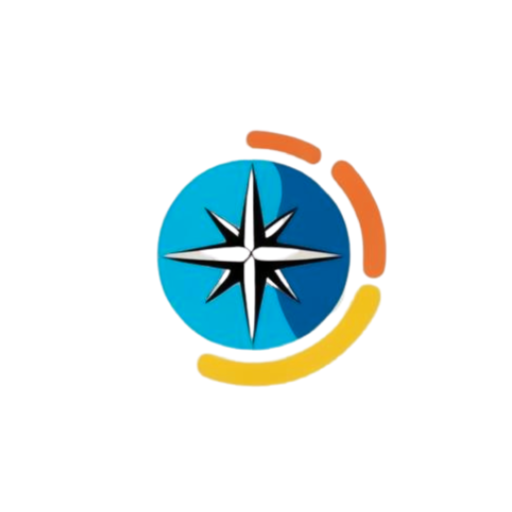Historical Timeline
1498 (July 20, Friday) – Portuguese explorer Vasco da Gama arrives on the coast of Mozambique, marking the beginning of Portuguese colonial influence
1752 (March 1, Wednesday) – Establishment of the Portuguese colonial capital in Lourenço Marques (now Maputo)
1890 (June 11, Wednesday) – British ultimatum forces Portugal to give up territories to the British Empire, including parts of modern-day South Africa
1964 (September 25, Friday) – Start of the War of Independence led by the FRELIMO (Front for the Liberation of Mozambique)
1975 (June 25, Thursday) – Mozambique gains independence from Portugal, with FRELIMO’s Samora Machel becoming the first president
1977 (January 20, Thursday) – Cyclone Domoina hits, causing widespread damage and flooding
1992 (October 4, Sunday) – Peace agreement signed between FRELIMO and RENAMO, officially ending the civil war
1994 (October 27, Thursday) – First multi-party elections in Mozambique
2000 (February 22, Tuesday) – Severe flooding in Mozambique affects thousands, particularly in the Zambezi River basin
2007 (February 18, Sunday) – Cyclone Favio strikes southern Mozambique, causing significant damage
2012 (January 10, Tuesday) – Cyclone Funso causes flooding and destruction in central and northern Mozambique
2017 (March 14, Tuesday) – Cyclone Dineo hits southern Mozambique, displacing thousands and causing extensive damage
2020 (April 22, Wednesday) – COVID-19 pandemic impacts tourism, agriculture, and daily life in Mozambique
2021 (February 9, Tuesday) – Cyclone Eloise strikes, causing severe damage in Maputo and other regions
2022 (March 10, Thursday) – Cyclone Gombe causes extensive flooding and destruction, particularly in the northern provinces of Nampula and Zambezia
General Information
Continent: Africa
Location: Southeastern Africa, along the Indian Ocean
Capital: Maputo
Language: Portuguese (official), Emakhuwa, Xichangana, and other local languages
Currency: Mozambican Metical (MZN)
Population: ~33 million (last updated: April 2025)
Time Zone: Central Africa Time (CAT, UTC+2)
Topography
Borders: Tanzania, Malawi, Zambia, Zimbabwe, South Africa, Eswatini (Swaziland)
Landscape: Coastal plains, plateaus, mountains, and valleys
Major Rivers: Zambezi River, Limpopo River, Save River, Rovuma River
Major Mountains: Mount Binga, Mount Lico
Deserts: None
Lakes: Lake Niassa (Lake Malawi), Lake Chilwa
Volcanoes: None
Highest Point: Mount Binga (2,436 m / 7,992 ft)
Lowest Point: Indian Ocean (0 m)
Climate: Tropical climate along the coast, subtropical in the interior
Geological Features: Rift valleys, coastal plains, mountain ranges
Demography
Ethnic Groups: Makua, Tsonga, Chopi, Shona, and others
Religion: Christianity (approximately 56%), Indigenous religions (approximately 18%), Islam (approximately 18%)
Urban Population: ~39% (last updated: 2023)
Aging Population: ~6% aged 65+ (last updated: 2024)
Culture
Famous For: Rich cultural heritage, music (traditional and modern), dance, art
Cuisine: Rice, cassava, seafood, grilled meats, and coconut-based dishes
Arts: Traditional music (like Marrabenta), art, craft, storytelling
Sports: Football (soccer), volleyball, athletics
Economy
Economy Type: Mixed economy, reliant on agriculture, mining, and natural resources
GDP: Approx. $17.5 billion USD (last updated: 2024)
Major Industries: Agriculture (crops, livestock), mining (coal, natural gas), energy, seafood, tourism
Key Exports: Aluminum, coal, gas, shrimp, tobacco, cotton
Unemployment Rate: ~25.2% (last updated: 2024)
Economic Regions: Coastal areas (mining and fishing), central and northern regions (agriculture)
Government
Head of State: President Filipe Nyusi (as of April 2025)
Head of Government: Prime Minister Adriano Afonso Maleiane (as of April 2025)
Legislature: Unicameral Assembly of the Republic
Constitution: In effect since 1990, with amendments
Travel Attractions
Bazaruto Archipelago: Pristine beaches, coral reefs, and marine life
Gorongosa National Park: Biodiversity hotspot, rich in wildlife
Maputo: Capital city, cultural attractions, vibrant markets, and beaches
Niassa Reserve: Remote wilderness with elephants, lions, and diverse wildlife
Inhambane: Beautiful coastal area known for beaches and diving
Lake Niassa: Third-largest lake in Africa, shared with Malawi, scenic views
